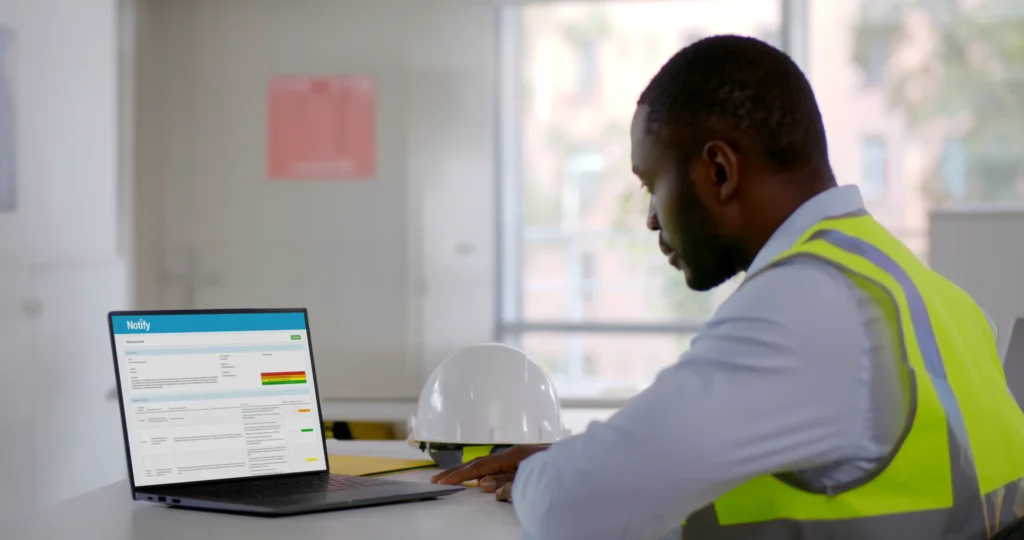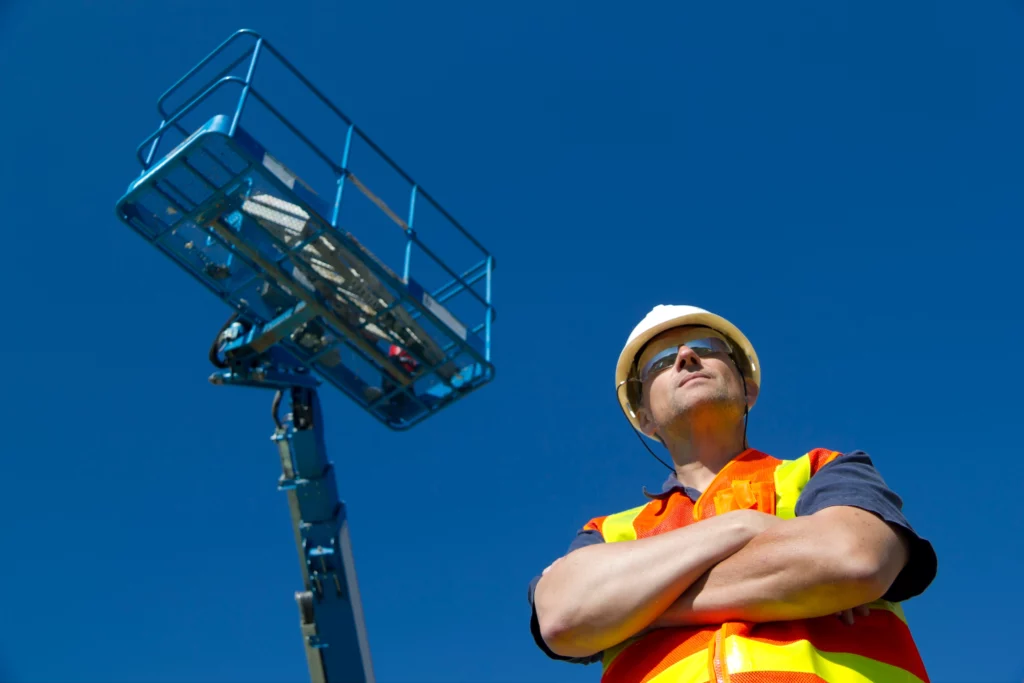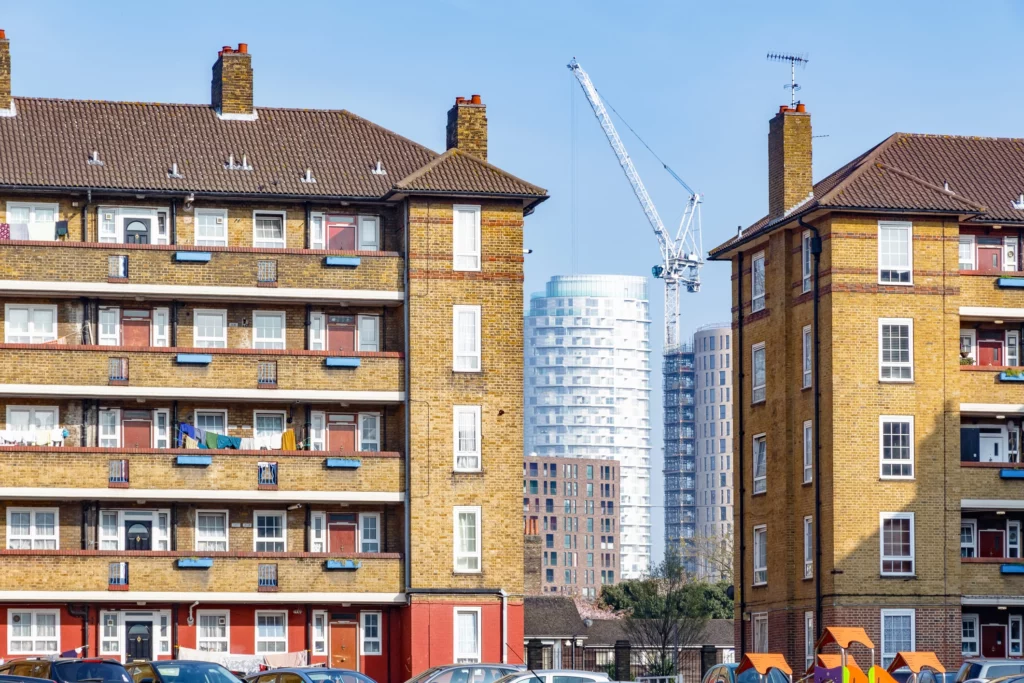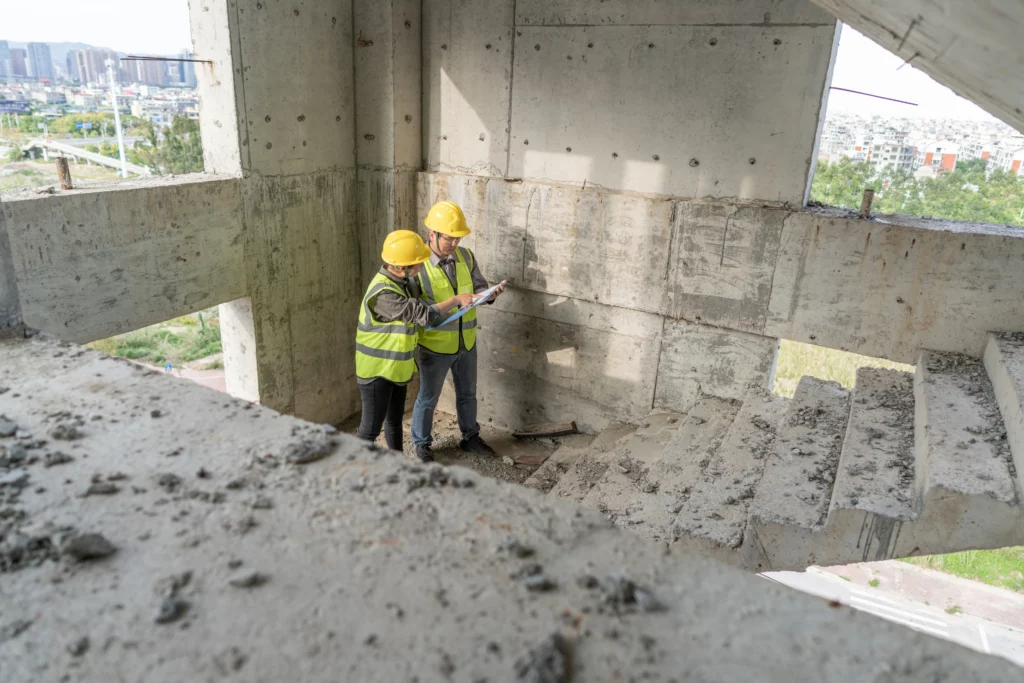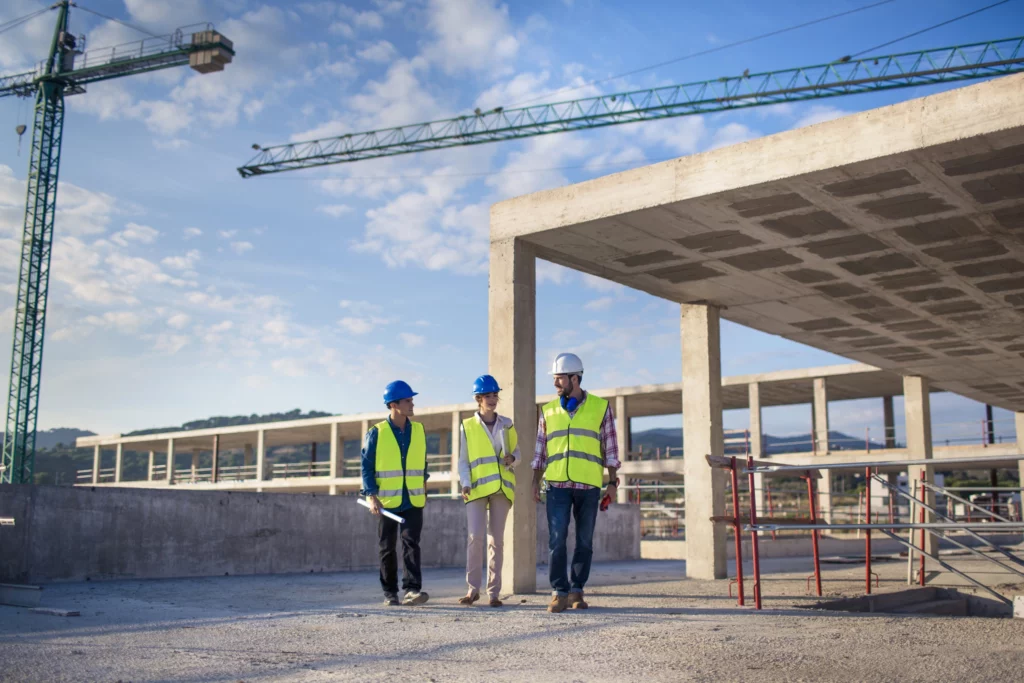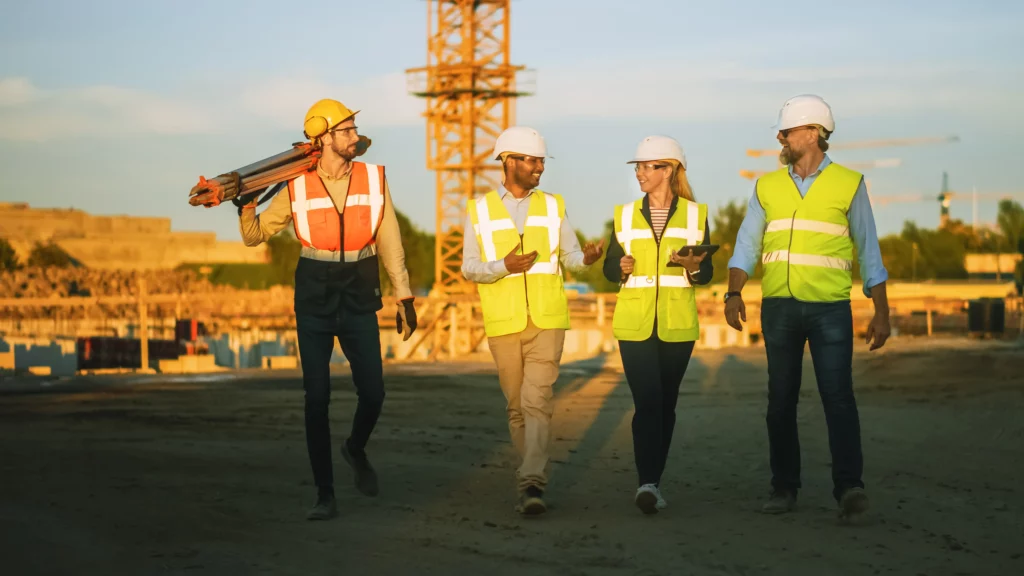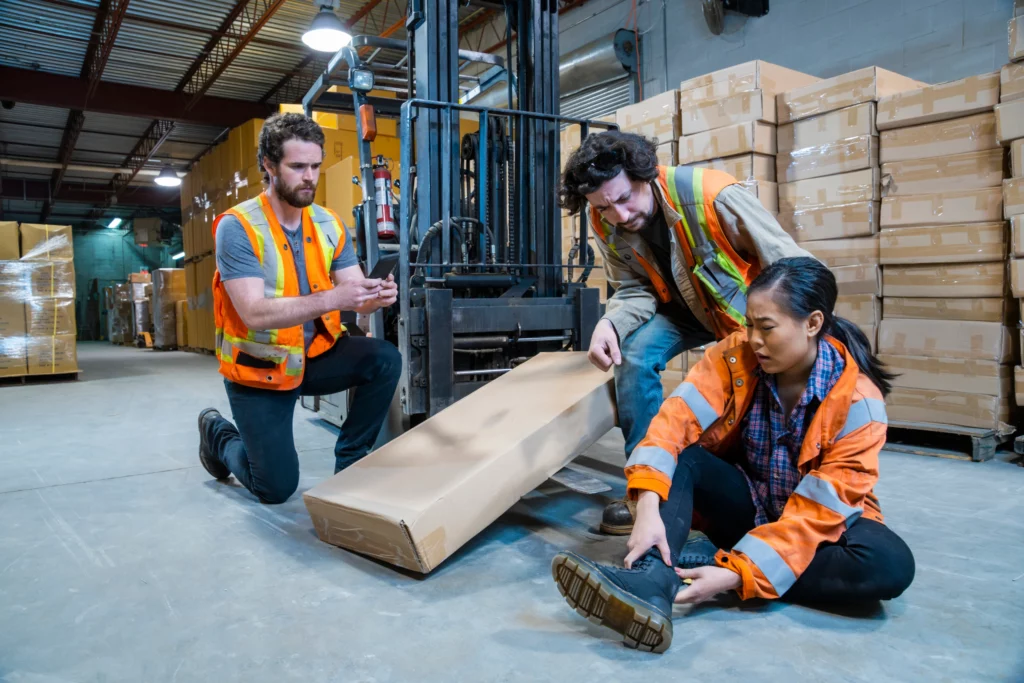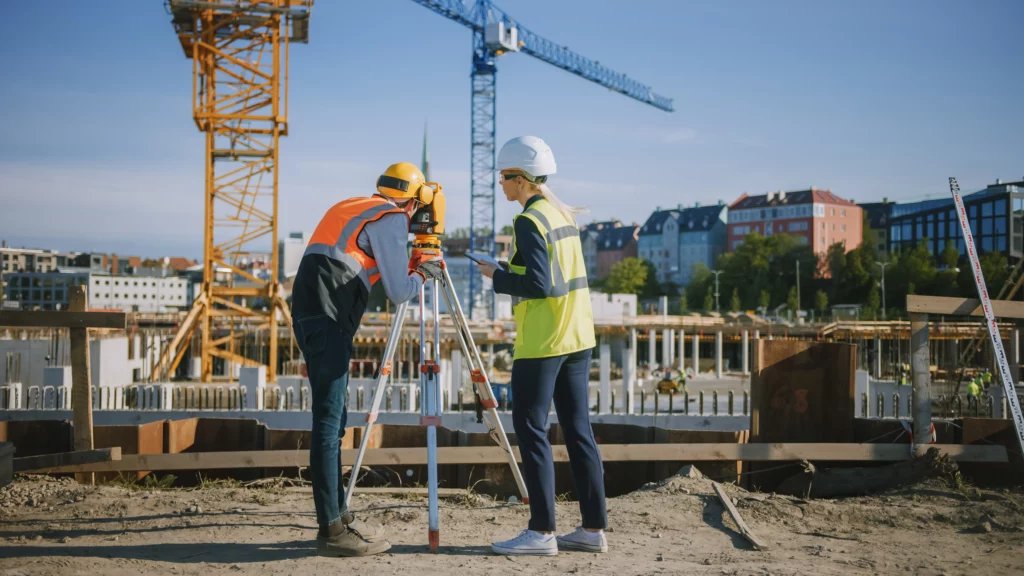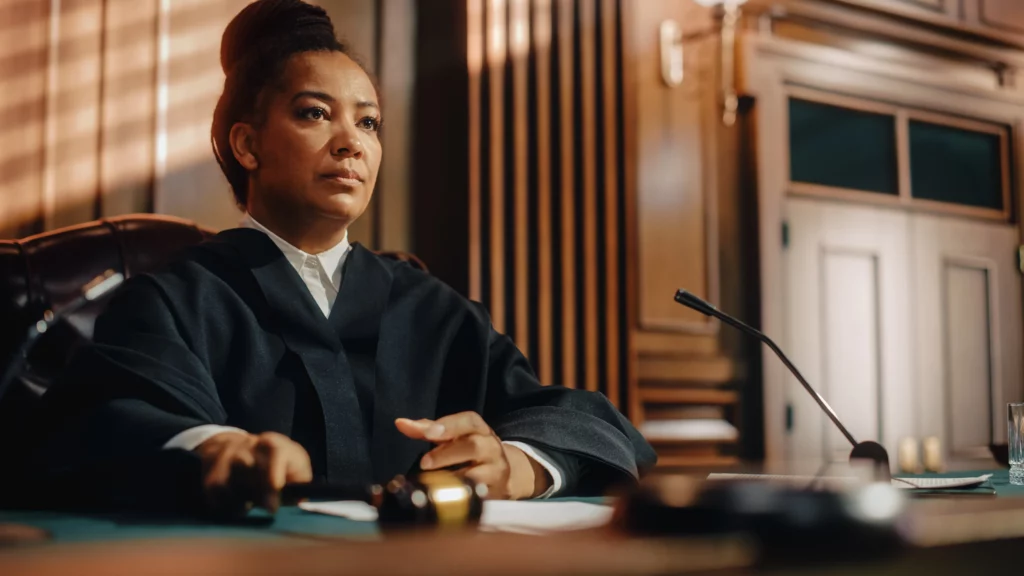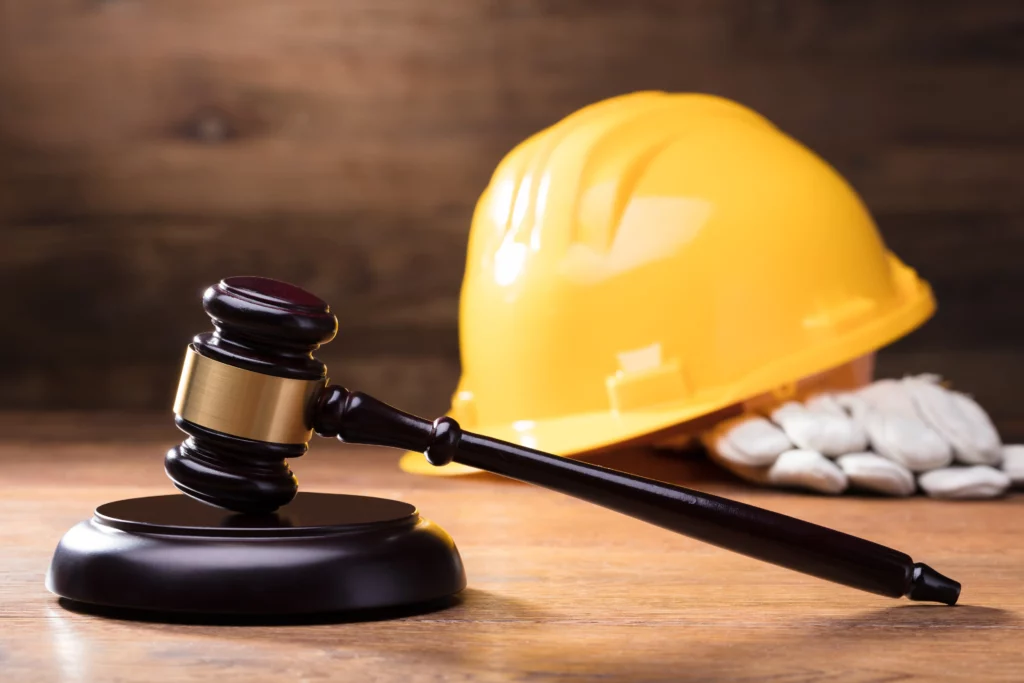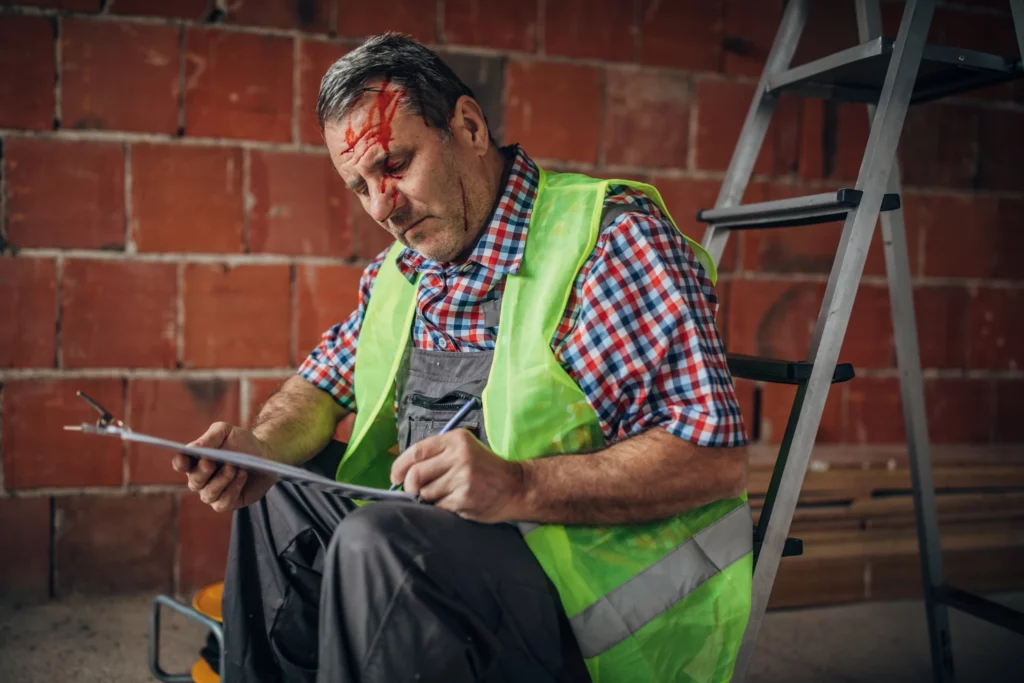Rules, regulations, plans, protocols… sometimes personal judgement is just as important.
Having made a living for the last twenty-something years from advising businesses about regulatory compliance and good governance; I’m the last person who should be critical of those same rules and regulations. But…
…whilst systems, policies and procedures exist to establish basic frameworks for organisations to operate in, I would argue that they are not – or shouldn’t be – inviolable. We – as individuals – must be allowed and encouraged to use judgement and sense to do what we think is right, even if it takes us off the pages of the playbook.
Why am I raising this? Two reasons – Grenfell and the Manchester Arena bombing.
Grenfell Enquiry
The first report by the public inquiry into the Grenfell Tower fire was published the other week and highlighted ‘serious shortcomings’ in the London fire service’s preparedness for – and response to – the fire.
In his report, inquiry chair Sir Martin Moore-Bick made a number of recommendations for better training for fire services and called for new and enhanced duties on high-rise building owners.
The report marks the end of the inquiry’s first phase, which looked into the cause of the fire, its spread and the response of London Fire Brigade (LFB) and the other emergency services.
It confirms that the root cause of the fire was a small domestic faulty fridge freezer fire which spread to the building’s exterior and the whole block due to the 2016 addition of aluminium composite rainscreen panels to the four faces of the building.
These panels had polyethylene cores which were exposed in places – they fuelled and ignited other fires on the facade because of burning drips of molten polyethylene. Moving the apartment windows to the outside of the window flush with the cladding and without installation of any non-combustible layer, compromised the building’s fire compartmentalisation system designed to keep fires from spreading.
That’s probably not news to any of us but the bit that interests me is where Moore-Bick’s report goes on to criticise the LFB’s preparation and planning for a fire like Grenfell Tower as “gravely inadequate”.
He rightly praised the courage of the firefighters who attended the blaze but said the first incident commanders “were faced with a situation for which they had not been properly prepared”. They had no training in the hazards posed by combustible cladding or in how to recognise the need for an evacuation so they failed to abandon the documented “stay-put” policy for the building – in which residents were advised to stay in their flats rather than escape – for about an hour after it was abundantly clear that all fire compartmentalisation in the block had failed.
Why? Because the policies and procedures they were following said otherwise.
“There were serious deficiencies in command and control,” says the report. “Although additional resources arrived swiftly, some senior officers failed to give sufficient practical support or inform themselves quickly enough of conditions and operations within the building.”
This is not unique – our emergency services all follow pre-determined action plans, often based on simplified modelling of a “typical” event. Anecdotally, it is the men and women on the ground who go “off playbook” in response to what is in front of them – senior management appear far more reluctant to do so. That is an embedded cultural issue and it seems to me that it will take time and a change of approach to address.
Manchester Arena Bombing
No more clearly is this seen in the Kerslake Report into the Manchester Arena Bombing on 22 May 2017. In this instance, the use of key words in the initial call to Fire Control triggered a protocol which led to Fire Service assets being mustered away from the Arena and held by senior officers in accordance with that protocol until one officer on the ground made his own decision to exercise his judgement and move the assets in to assist – almost two hours after the initial call.
Rules, regulations, plans, protocols, procedures – they are essential…
…yes, but sticking to them like glue in fear of criticism for not doing so – not looking up from them to see what’s happening in front of you and then reacting – cannot be right. Effective exercising of judgement is something that is honed by practice and experience – if we do not encourage and train our people from an early stage to take responsibility and hone those skills then when it counts, they won’t have them in their skills locker to deploy.
And that doesn’t make any sense to me.












